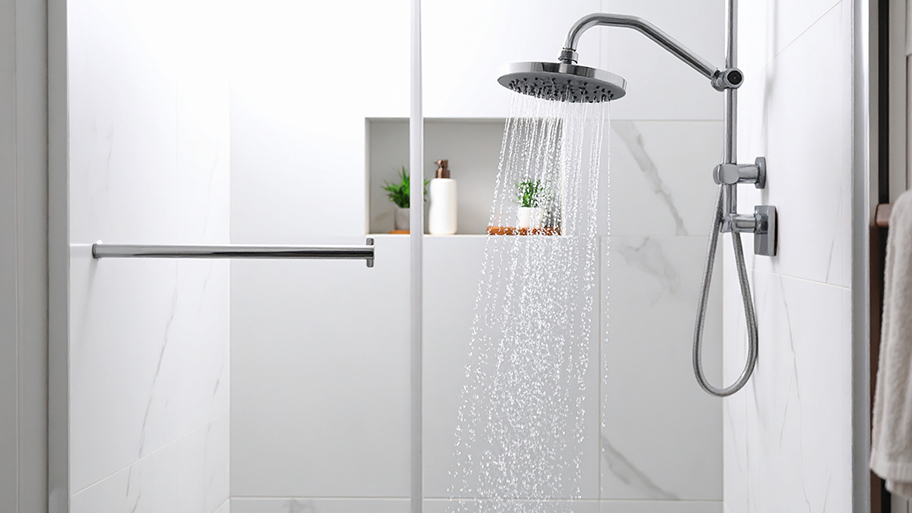
Water softener repair costs can add up, but they’re almost always worthwhile. Use this guide to see what your project is going to cost before you get started.
Which one is better for drinking? Filtered water or distilled water?


Water distillation removes nutrients, electrolytes, and healthy microorganisms from the water.
Distilled water is not suitable as drinking water unless the person is immune-compromised.
A whole house water filtration system can cost up to $4,200, but a simple filtration system for the sink can be less than $500.
A water distiller on average costs $700 to $3,500 and is often standalone equipment not connected with your house water supply.
Generally, it’s not a good idea to drink directly from your water taps. Most cities have hard water flowing through the pipe. The same water also often contains impurities and harmful chemicals. Therefore, many have looked into water purification systems. However, while filtered water and distilled water both remove contaminants and impurities from the water, they are not exactly the same. Knowing the key differences between the two will help you live healthier with the proper water purification system.
While both can be called purified water, filtered water, and distilled water differ from each other on quite a few aspects, including:
Water content
Purification method
Purification speed or time consumed
Equipment cost
Taste
The table below provides a general summary of the key differences between the two.
| Differences | Filtered Water | Distilled Water |
|---|---|---|
| Content Removed | Contaminants and impurities | Everything |
| Purification Method | Filtration systems | Water distillers |
| Purification Time | Minimal | 45+ minutes |
| Equipment Cost | More affordable | Expensive |
| Taste | Natural | Flat |
| Usage | For daily usage | For lab purposes |
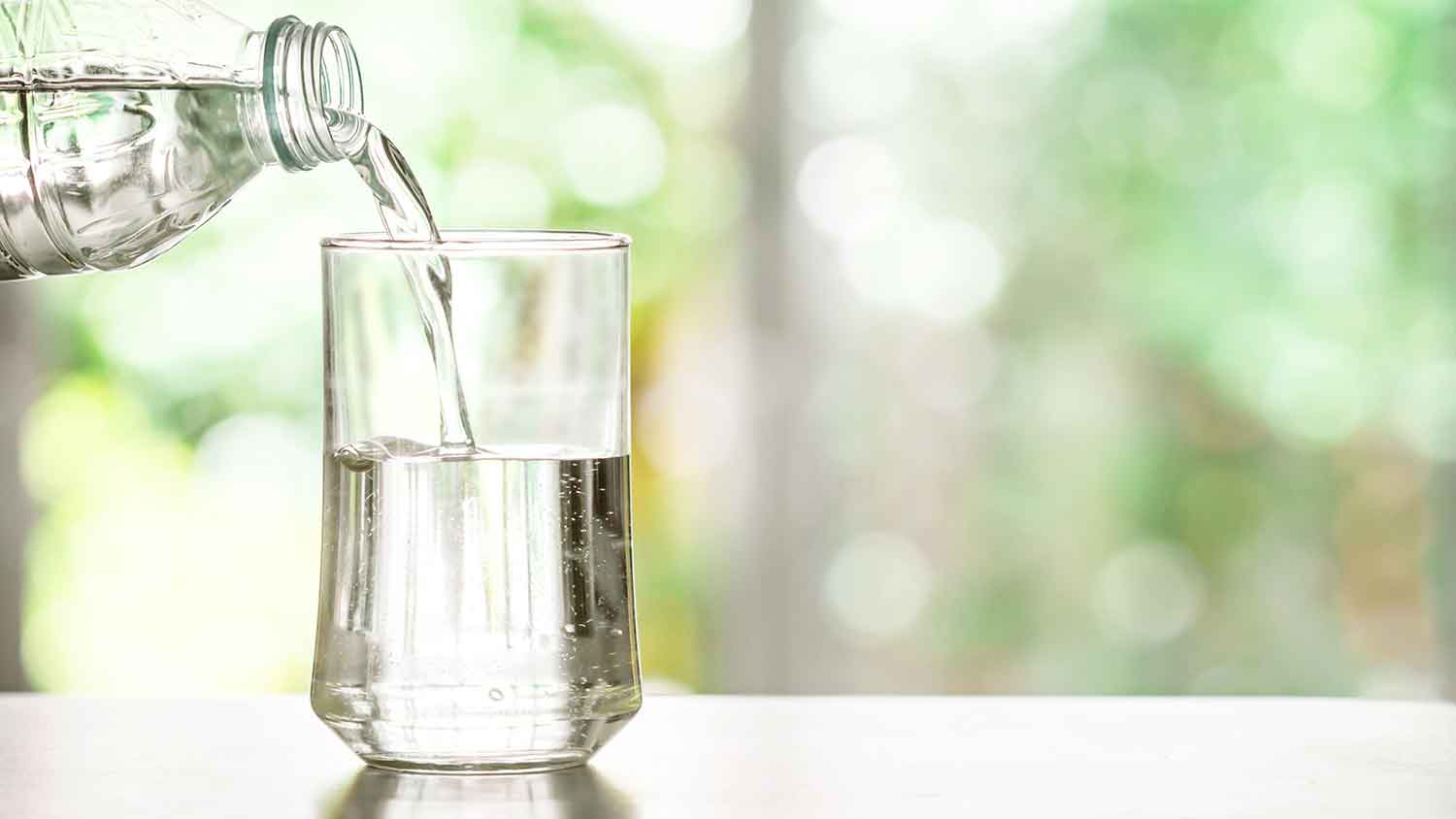
Distilled water is made using a process that removes everything from the water. Filtered water is made using a process that, depending on the technology in the filter you choose, only removes specific chemicals, minerals, impurities, and pollutants from the water.
When someone uses the term “purified water,” they are most likely referring to filtered water. Most water filtration systems remove lead, chlorine, bacteria, calcium, minerals, salt, and carcinogens from the water supply.
However, filtered water retains microorganisms and dissolved oxygen in the water source.
Water distillation removes everything from the water supply, leaving it completely empty. While distilled water is 100% free of contaminants, it also loses all healthy, natural minerals and dissolved oxygen. Distillation is also the only way to completely remove microorganisms from your water supply.
The process and system used are the main differences between filtered water and distilled water. Filtered water uses a water purification system, which can be a whole-house system or a partial system. Meanwhile, Water distillers are standalone equipment not connected to your plumbing system.
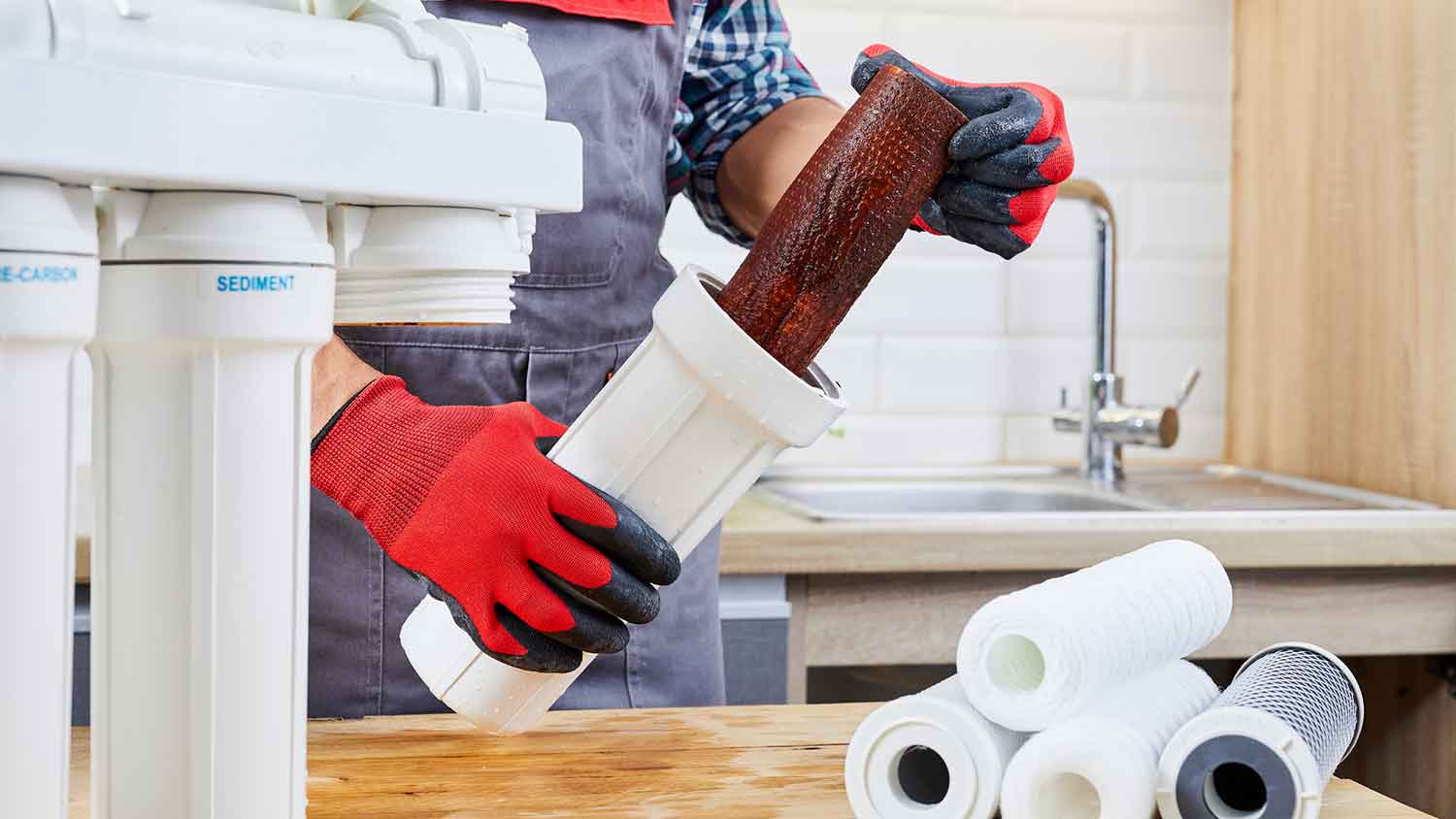
The three most common water purification systems are reverse osmosis systems, water softeners, and water filtration systems.
Reverse osmosis is the most expensive house water purification system and costs $12,000 to $18,000 with installation included. Reverse osmosis also creates the most wastewater, which can be a heavy burden on your utility bill.
Water softeners cost $1,500 on average, though it ranges between $200 and $6,000, mainly depending on your home’s size. Other filtration systems include carbon filters, sediment filters, mechanical filters, and UV filters.
While most water filtration systems are whole-house systems, water distillers often come in a set capacity. For example, a high-capacity house distiller can process 42 gallons of water a day. Other common capacities include 5 gallons, 8 gallons, and 12 gallons.
On average, it takes 45 minutes or more for a full round of distillation, limiting how much distilled water you can use daily. There may also be times that you have to wait for the water tank to fill back up.
An affordable countertop water distiller with a lower capacity costs $300 to $500, whereas a larger automatic unit starts at around $1,300 with some models costing $7,000 or more. A local water specialist can answer any questions you may have about these systems.
Filtered water and distilled water are suitable for different purposes. This is mainly because the different water content determines what benefits and concerns each comes with.
Look for an NSF rating on your water treatment device. These ratings come from the National Sanitation Foundation and give you more detail about what a product does. An NSF seal also means that the product has been tested and certified safe with proper use.
Filtered water is most suitable for daily consumption as cooking water, drinking water, or for showering purposes. Many people also prefer the taste of filtered water over unfiltered tap water. Plus, a water filter allows you to spend less money and waste less plastic as opposed to buying water bottles every week.
However, water filters do not remove hard water minerals. If you are concerned about hard water stains in your water fixtures and plumbing systems, you should consider installing a whole-house water softener so that filtered water runs through your household.
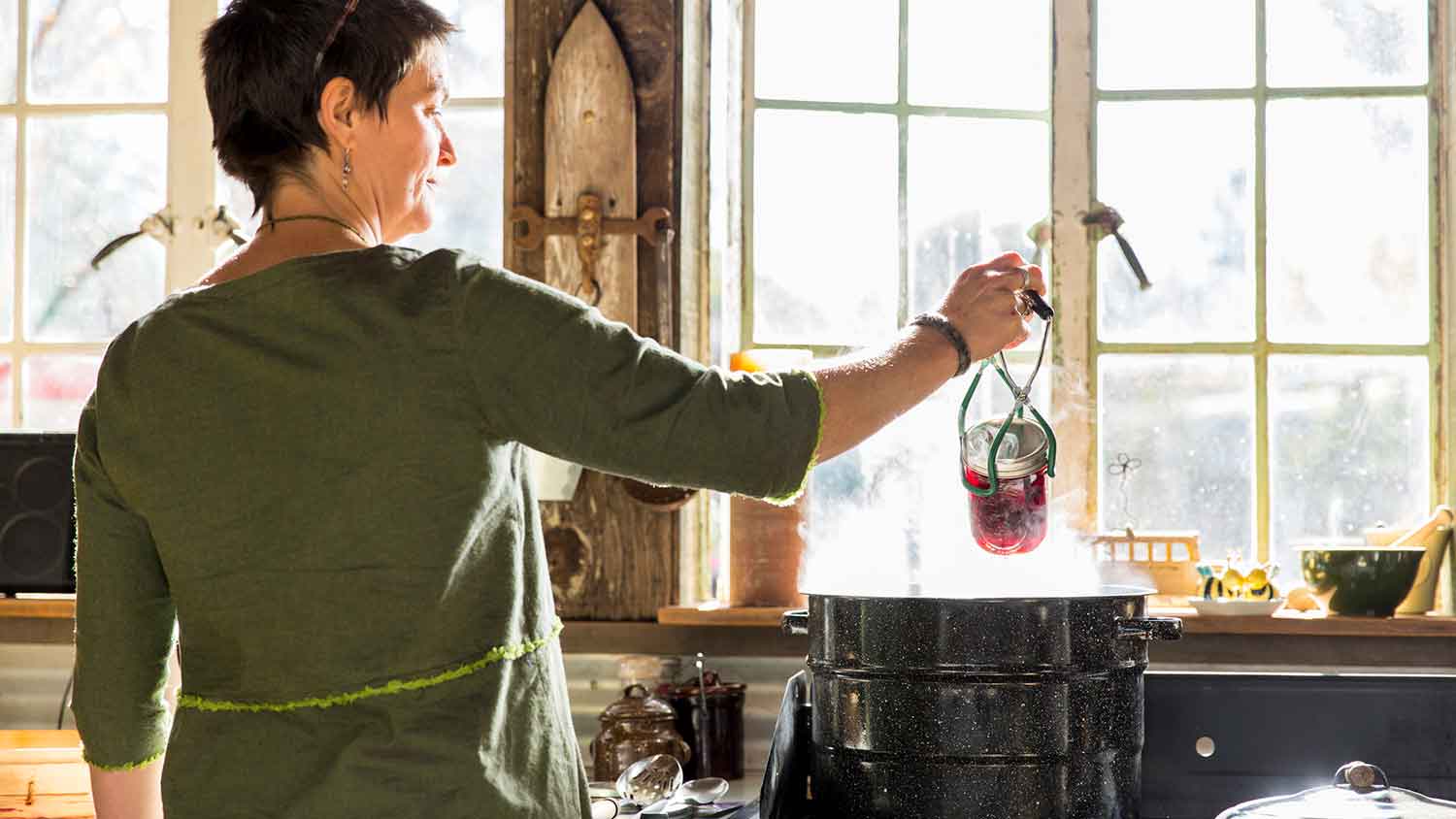
Distilled water is great for pickling or canning, plant propagation, or other scenarios that require a highly sanitized water source. However, we do not recommend you drink distilled water regularly.
The distillation process removes healthy nutrients and minerals from the water. As a result, drinking distilled water regularly can cause certain health problems, such as tooth decay due to a lack of fluoride in the water. Distilled water can also alter your body’s pH level and cause excessive acid exposure, known as acidosis.
The only time you should use distilled water as drinking water is if you have a compromised immune system. Even then, you should still make up for the missing nutrients with supplements to keep yourself balanced.
Overall, water distilling has more restrictions and is far more time-consuming. The process also has a stricter sanitation requirement, resulting in a higher maintenance demand, as contaminated equipment will cause the process to fail. In comparison, a water filtration system is less restrictive and more manageable.
Also, the distillation rate is approximately 5:1, meaning it takes about 5 gallons of tap water to produce one gallon of distilled water, let alone the high energy volume required to power a water distiller. Therefore, water distillation can put a heavy burden on your utility bills and inevitably comes with high waste.
From average costs to expert advice, get all the answers you need to get your job done.

Water softener repair costs can add up, but they’re almost always worthwhile. Use this guide to see what your project is going to cost before you get started.

Wondering about water treatment system costs? Learn average prices, key cost factors, and ways to save on installation and maintenance for your home.
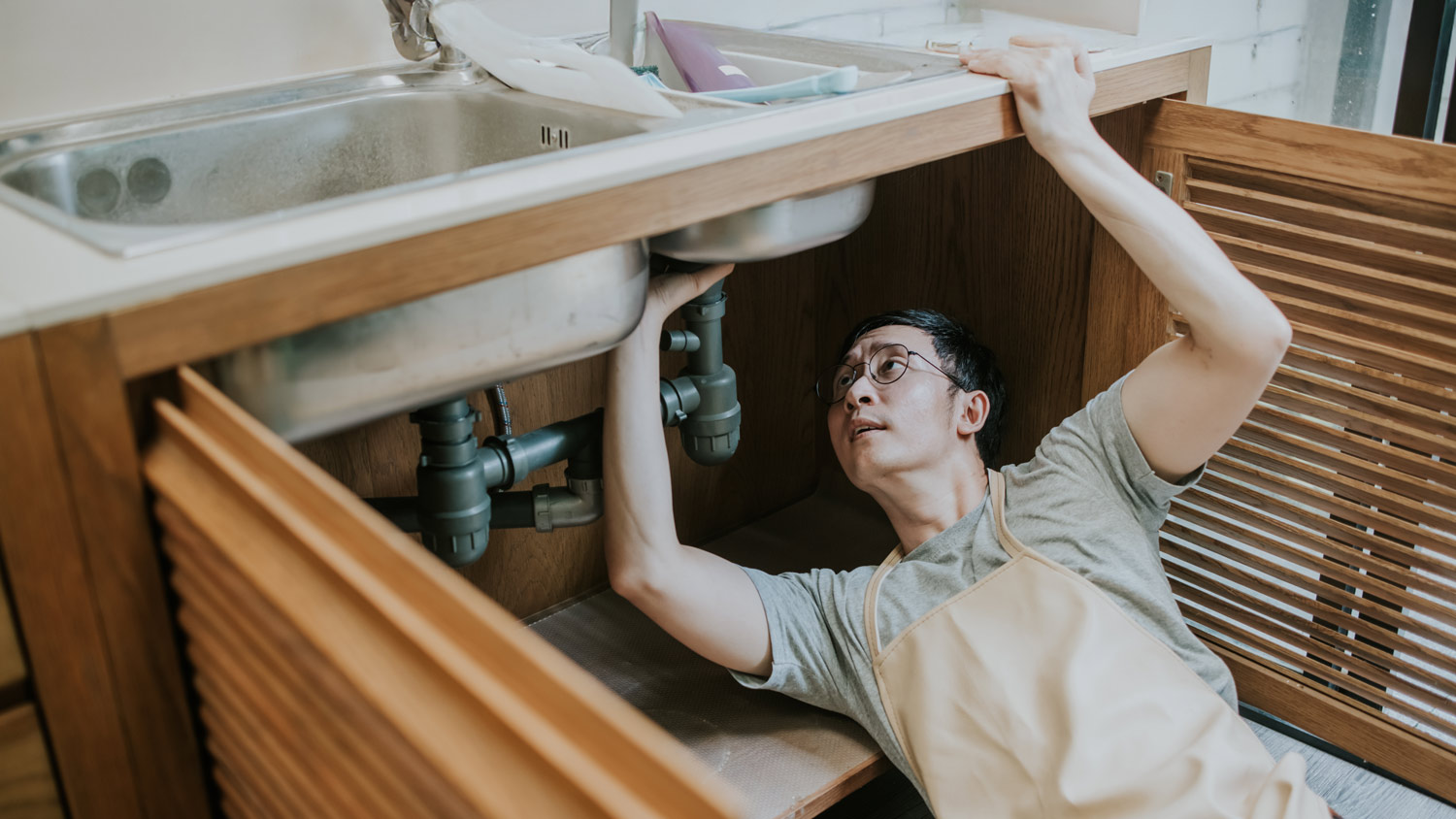
Your cost to install an under-sink water filter will depend on the type and size of system you choose and whether you need professional installation.
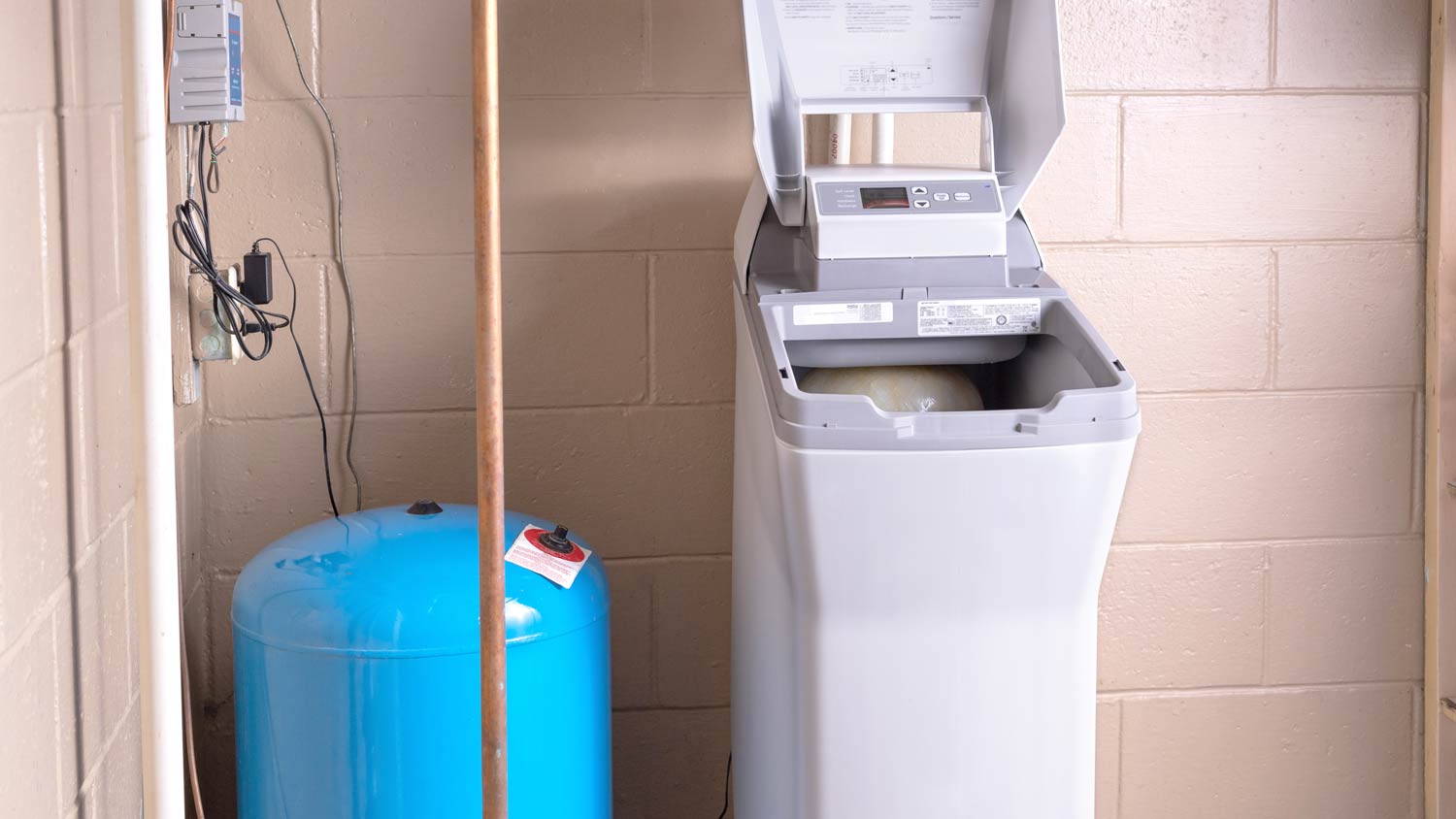
Hard water puts a damper on your pipes. Learn how to clean your water softener to keep the system running efficiently and prevent potential damage.
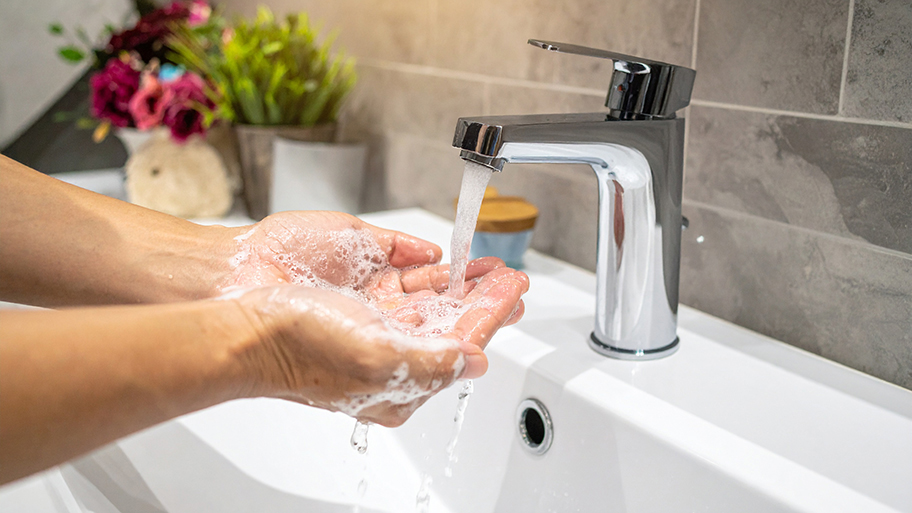
Need help dialing in your water hardness? Use this handy DIY guide on how to set a water softener to save money and get the best results possible.
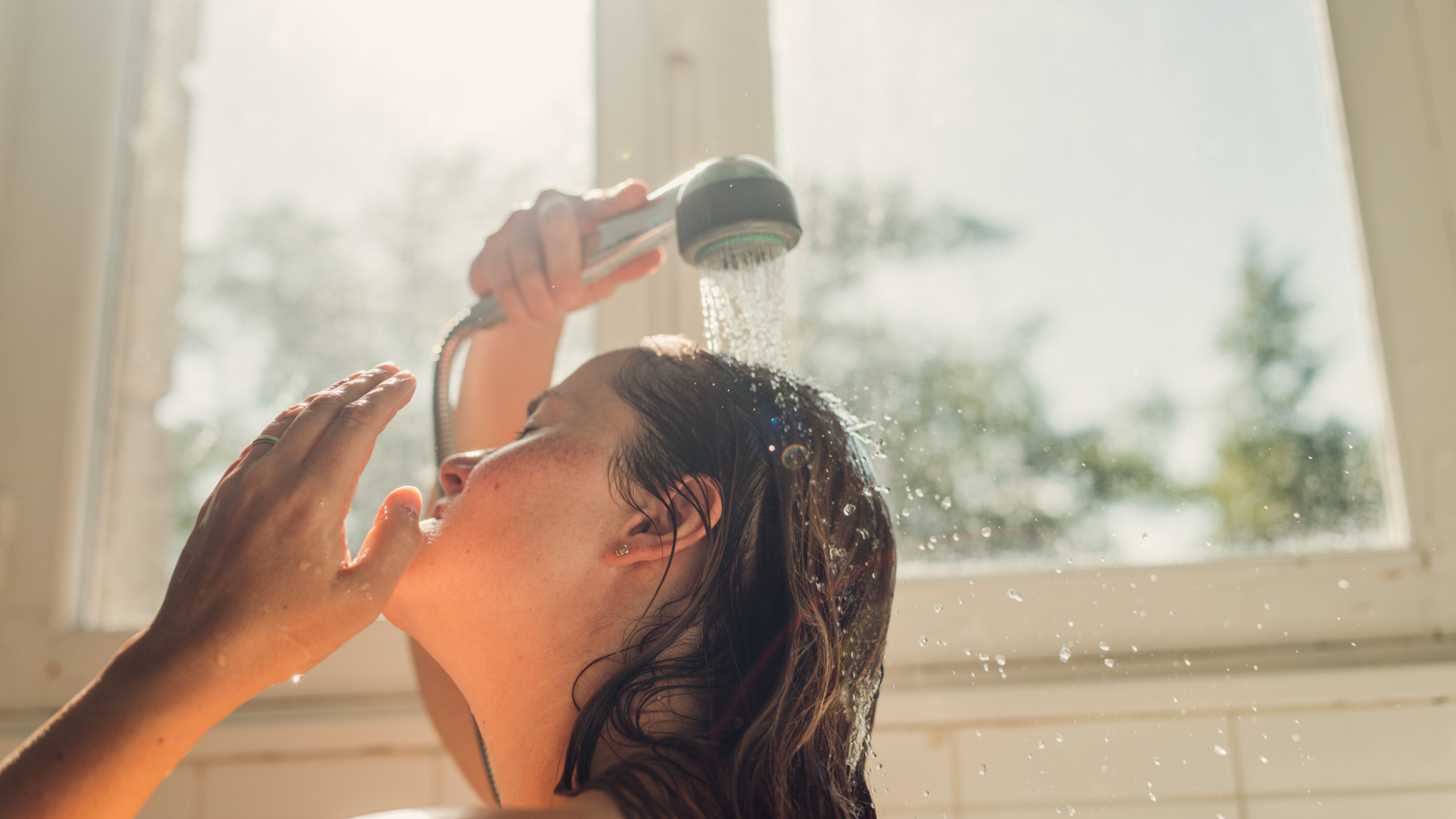
Are water softeners worth it? While they offer benefits to many homeowners, they aren’t always necessary. Learn whether this appliance will pay for itself.